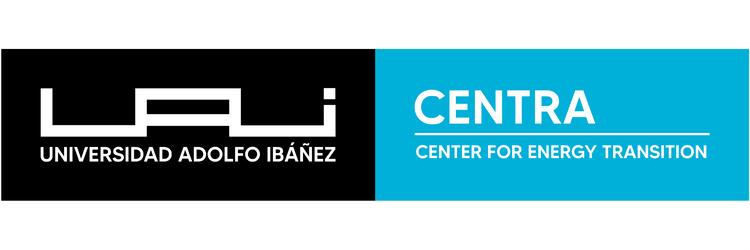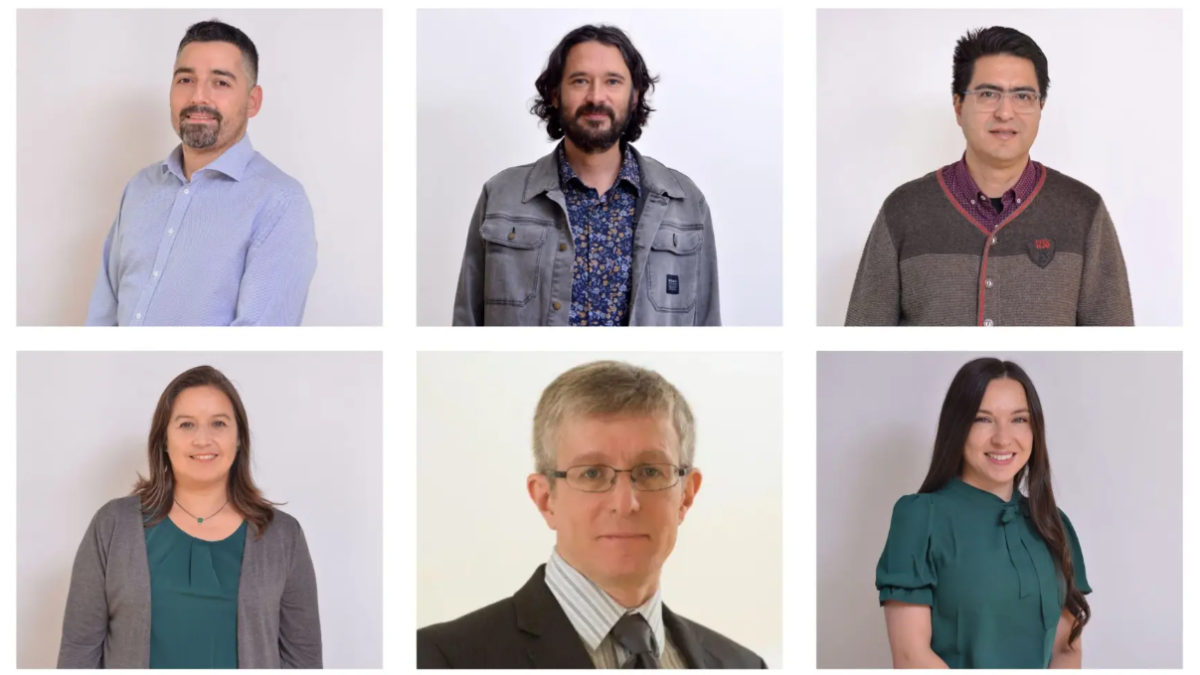CENTRA UAI researchers awarded ANID Regular Ring for innovation in virtual energy
November 4, 2025
The group, comprised of academics from the Faculty of Engineering and Sciences and the Business School, aims to develop a platform to support the design and operation of Virtual Power Plants in Chilean electricity markets.
An interdisciplinary team of researchers from Adolfo Ibáñez University (UAI) was awarded the project “Decision Support Tools for Virtual Power Plants (VPPs) in Chile” in the 2025 ANID Regular Technology Rings Competition, consolidating UAI’s leadership and commitment to applied research.
The group, comprised of academics Daniel Olivares, Rodrigo Barraza, Luis Gutiérrez, Verónica Díaz, and Javiera Barrera from the UAI Faculty of Engineering and Sciences, along with Tito Homem-De-Mello from the UAI Business School, seeks to develop an integrated decision-support platform for the design, operation, and participation of Virtual Power Plants (VPPs) in Chilean electricity markets, combining approaches from engineering, artificial intelligence, economics, and energy regulation.
“Being awarded a Regular Ring project is a recognition of our team’s sustained work at the intersection of applied science, engineering, and public policy,” the researchers stated, adding: “This support will allow us to consolidate a center of research excellence with an international reach, dedicated to generating scientific, technological, and regulatory tools for the distributed and resilient energy of the future.”
The work is organized around three main lines: reliable and resilient design of VPPs (Virtual Power Purchases), efficient and autonomous operation using artificial intelligence and digital twins, and innovative market mechanisms and regulatory frameworks that promote the participation of these systems in wholesale and local markets.
The team emphasizes that VPPs offer a technological response to the dual challenge facing Chile: an electrical system with high renewable energy penetration and increasing vulnerability to extreme weather events. The project aims to contribute solutions that strengthen the flexibility, resilience, and democratization of energy access, aligned with the country’s carbon-neutrality and sustainable development goals.
“The energy transition will not be complete until distributed supply systems are fully integrated and end users actively participate. This project seeks to lay the technical, regulatory, and market foundations to materialize that transformation,” they added.
The initiative has the collaboration of SAESA, the National Energy Commission, and the National Electric Coordinator, as well as international partnerships with Carnegie Mellon University, Georgia Tech, the University of Auckland, and the University of Waterloo.

